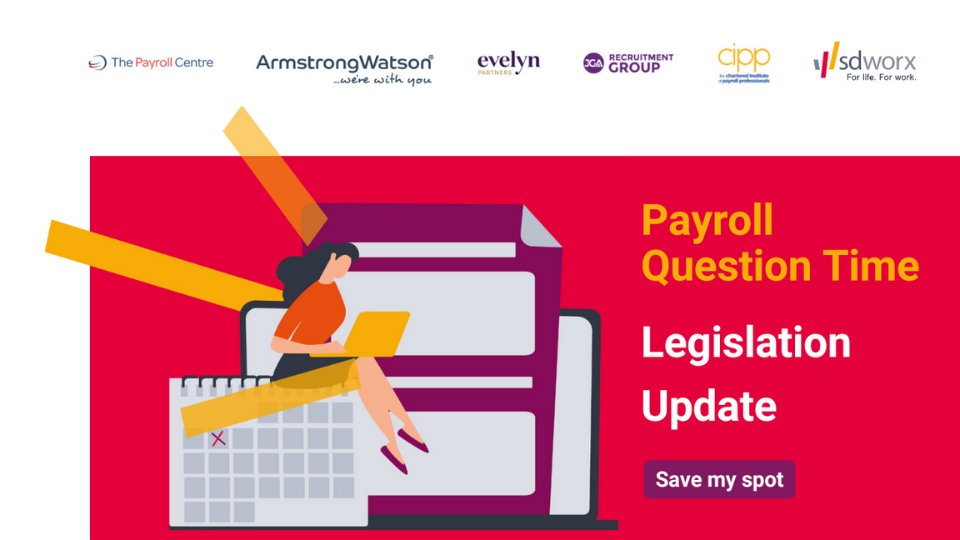
5 things people get wrong about HR
Over the years, I’ve heard many inaccurate, and often amusing, assumptions of what working in HR is like from outside perspectives. One being, “HR sounds like an easy number they just hire and fire people” Fellow HR leaders, does this sound familiar?
We take the stereotypes about HR in good humour, as all professionals do, but it’s apparent that most people don’t understand the value HR brings to organisations. As a senior HR professional with over 20 years of experience, I’d like to share some of my thoughts on the common misconceptions about HR and shine a light on the truth.
1. “HR is all about helping people”
Without a doubt, this is the most common misconception about HR. Some people are keen to get into HR because they want to help people. While HR plays a part in looking after the people in an organisation, the “looking after people” element is specifically around ensuring the organisation is set up with the right reward and recognition strategy together a positive culture with engaged employees which enables the business to attract and retain the very best talent in the market. When someone says they want to directly help people, they are probably more suited to becoming a line manager rather than a HR professional.
2. “HR isn’t strategic”
On the contrary, HR leaders are required to be commercially savvy and understand the business and how to strategically manage human resources in line with their organisation’s business objectives. HR can have a huge impact on the bottom line. We know that engaged employees are more productive so if HR can deliver the right policies in line with the business objectives then this gives the possibility of improved productivity and retention of talent.
3. “There is a lot of paperwork in HR”
Leading on from my last point, many people believe that a big part of HR is filing paperwork, completing employee contracts and signing references, but HR has evolved from an admin-heavy function into something much more strategic. Additionally, the HR function has embraced technology with open arms and many of the time-consuming manual processes that plagued HR in the past are now fully automated or completed by employees through self-service. In many organisations, HR and payroll are inextricably linked which provides a ‘single source of truth’ of employee data to help HR leaders make strategic business decisions. You can read more about this topic in our whitepaper.
4. “HR only exists to protect the company”
Some people think that HR will always take the organisation’s side and that we only pay lip service to employee complaints. I’ve always found this to be an odd misconception, because HR bridges the gap between the organisation and the employees and we have a responsibility to act on a complaint, no matter who is involved. It may sound cheesy, but employees are at the heart of every successful organisation and HR has a duty to protect them.
5. “HR people don’t know numbers”
Although we might not be accountants, most HR professionals have a head for numbers. As I’ve mentioned, the role of HR is more strategic and when it comes down to it, everything is measured by figures. HR departments live by budgets and costs, and we must demonstrate ROI for any new piece of equipment, software, like any other commercial department in the organisation.
To wrap up, the HR function is much more complex and strategic than most people assume. HR goes beyond making employees feel valued and happy at work, we take care of the organisation’s wellbeing and contribute to its future growth. The value of HR is only going to increase as the workforce gets more complex.
Fiona McKee
HR Director at SD Worx UK and Ireland


